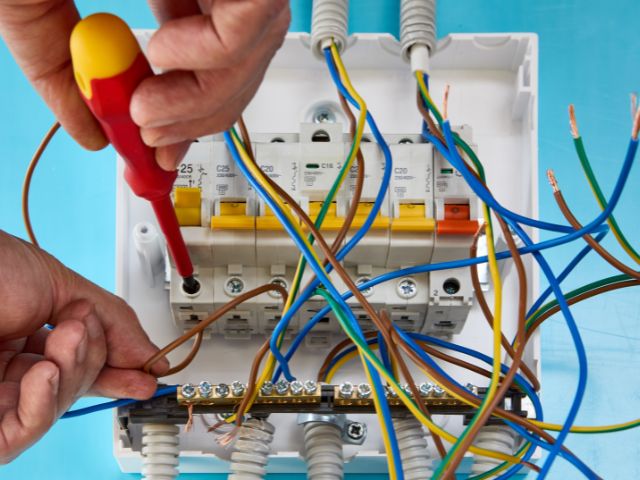
In the landscape of electrical power systems, the division between single-phase and multi-phase options is a frontier of efficiency. While the prevalence of multi-phase systems is undeniable, single-phase setups offer distinct benefits, particularly in specialized applications. For small businesses and certain industrial environments, the choice between these two power systems can have substantial operational and economic impacts. Explore the advantages of using single-phase power systems to gain a comprehensive understanding of how simplicity can outperform complexity.
One of the primary appeals of single-phase power over three-phase systems is their compact nature. Unlike the more elaborate multi-phase systems that often require hefty infrastructure, single-phase setups demand minimal space, making them exceptionally well-suited for smaller work environments. This reduction in physical footprint has a domino effect on a business’s operational design, enabling agile layouts and efficient use of available space. Notably, it also facilitates quick deployment of new or temporary facilities, which is a crucial advantage for businesses in dynamic markets.
In today’s rapidly evolving business world, adaptability is more important than ever. One of the biggest advantages of using single-phase power systems is that they offer an exceptional degree of flexibility when it comes to catering to niche or emerging applications. Because of their design, these systems are easier to install and can be more readily adapted to changing needs. Whether it’s for a sudden shift in production requirements or the integration of new technologies, single-phase setups can often accommodate these changes with minimal disruption and cost.
This adaptability extends to the increasingly varied spectrum of industrial applications, especially in the age of automation and specialized equipment. Single-phase systems can power precision machinery, medical devices, intricate electronic tools, and a host of other technologies that demand a stable and well-distributed power source.
Running a business means striking the right balance between investment and returns. Single-phase power systems align well with this economic imperative, offering a cost-effective power solution from initial setup to long-term operating expenses. The relative simplicity of single-phase systems translates to lower upfront costs, including equipment purchases and installation, compared to their multi-phase counterparts.
Beyond these savings, the maintenance and repair costs for single-phase power systems are typically lower due to the reduced complexity of the system. There are fewer components that can fail, and when they do, they are often easier and less expensive to replace. Additionally, single-phase systems often equate to lower energy consumption, particularly when operating at lower loads, leading to decreased utility bills over time.
24World Media does not take any responsibility of the information you see on this page. The content this page contains is from independent third-party content provider. If you have any concerns regarding the content, please free to write us here: contact@24worldmedia.com